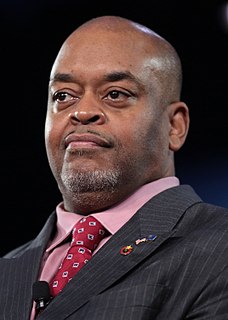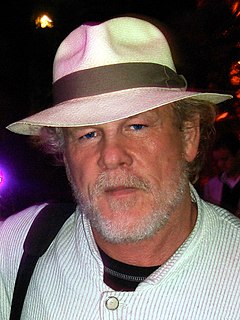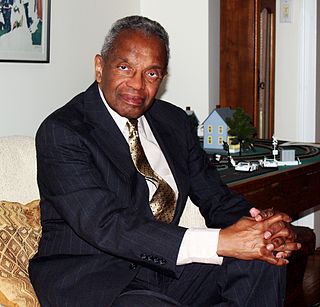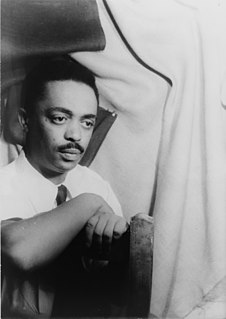A Quote by Niger Innis
After the Civil War, when blacks fought along whites to secure freedom for all, southern states enacted Black Codes, laws that restricted the civil rights and liberties of blacks. Central to the enforcement of these laws were the stiff penalties for blacks possessing firearms.
Related Quotes
Republicans have reached out so much to black Republicans because it's part of our tradition. Blacks have been in this nation longer than most other Americans with the possible exception of white Anglo-Saxon Protestant. The first blacks in Congress and the first black Governor were all Republicans. It was Republicans who fought the Civil War over slavery and who introduced the Civil Rights legislation over the next hundred years.
[Before the Civil Rights Act of 1964], many governments in southern states forced people to segregate by race. Civil rights advocates fought to repeal these state laws, but failed. So they appealed to the federal government, which responded with the Civil Rights Act of 1964. But this federal law didn't simply repeal state laws compelling segregation. It also prohibited voluntary segregation. What had been mandatory became forbidden. Neither before nor after the Civil Rights Act were people free to make their own decisions about who they associated with.
Blacks were not enslaved because they were black but because they were available. Slavery has existed in the world for thousands of years. Whites enslaved other whites in Europe for centuries before the first black was brought to the Western hemisphere. Asians enslaved Europeans. Asians enslaved other Asians. Africans enslaved other Africans, and indeed even today in North Africa, blacks continue to enslave blacks.
For black politicians, civil rights organizations and white liberals to support the racist practices of the University of Michigan amounts to no less than a gross betrayal of the civil rights principles of our historic struggle from slavery to the final guarantee of constitutional rights to all Americans. Indeed, it was practices like those of the University of Michigan, but against blacks, that were the focal point of much of the civil rights movement.
African-Americans have always viewed the protection of black lives as a civil rights issue, whether the threat comes from police officers or street criminals. Far from ignoring the issue of crime by blacks against other blacks, African-American officials and their constituents have been consumed by it.
By 1940 the literacy figure for all states stood at 96 percent for whites. Eighty percent for blacks. Notice for all the disadvantages blacks labored under, four of five were still literate. Six decades later, at the end of the 20th century, the National Adult Literacy Survey and the National Assessment of Educational Progress say 40 percent of blacks and 17 percent of whites can't read at all. Put another way, black illiteracy doubled, white illiteracy quadrupled, despite the fact that we spend three or four times as much real money on schooling as we did 60 years ago.
I was on a panel with light skinned Blacks and a famous gay science fiction writer, who were complaining about how Blacks are against gays and light skinned Blacks and how intolerant Blacks are of different groups. My position was that Blacks were among the most humanistic, tolerant groups in the country and that across the street from my house in Oakland was one inhabited by White gays.






































